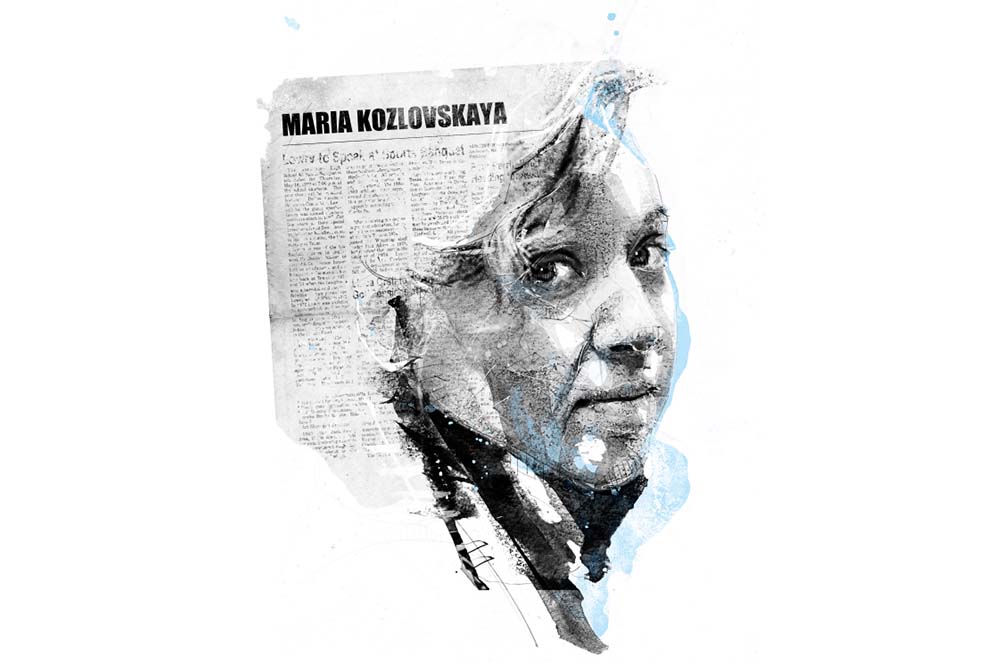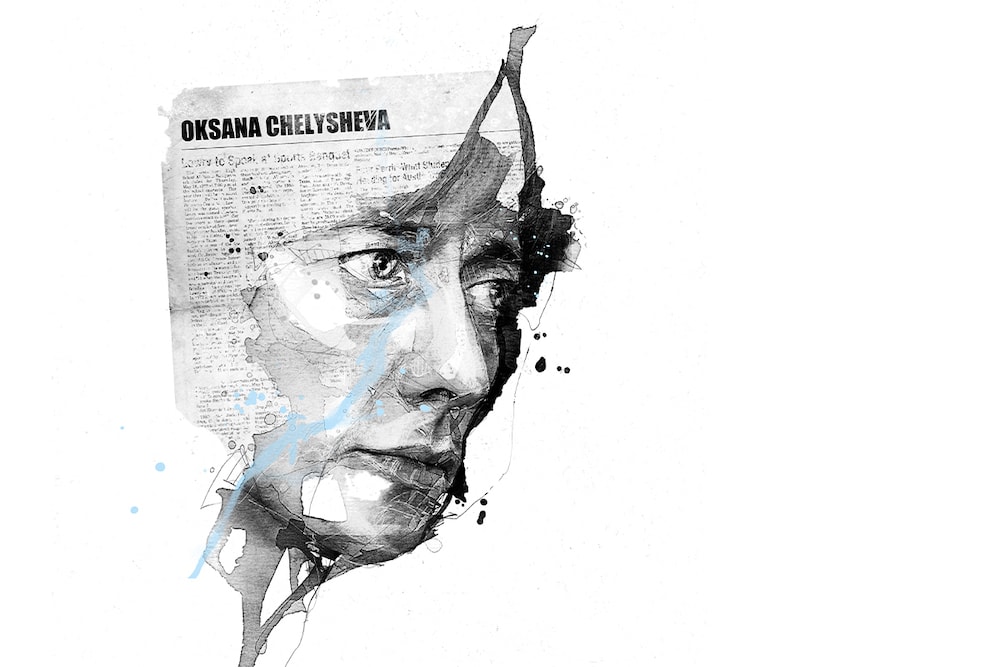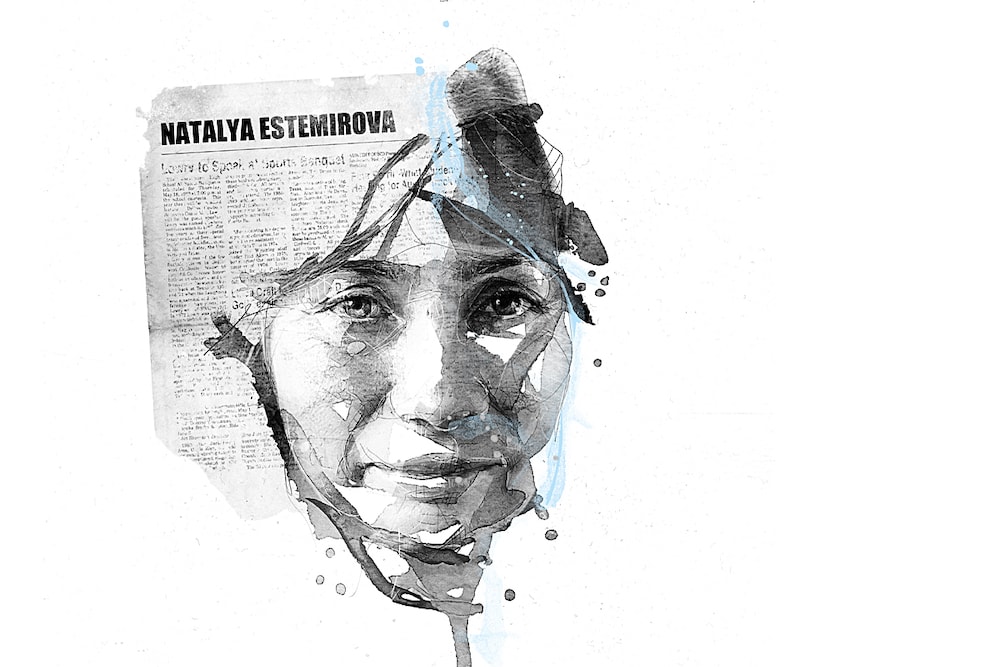Maria Kozlovskaya is a Russian lawyer who has spent many years working to defend the rights of LGBTQI+ people and activists in Russia and elsewhere.
In a statement published by the Russian LGBT Network regarding the impact of legislation banning "homosexual propaganda," Maria Kozlovskaya said: Those laws banning the 'propaganda of homosexuality' adopted in 10 federated states of Russia and the project of the similar federal law in draft are all part of the … criminalization of human rights activists' work.
Maria Kozlovskaya is a Russian lawyer who has a long track record of defending the rights of LGBTQI+ people, including activists on trial under ‘gay propaganda’ laws in her native Russia.
Prejudice against LGBTQI+ people in Russia is pervasive, with state sponsored homophobia in the media, and violence on the streets. This was exacerbated when, in 2013, the so-called ‘gay propaganda’ law was passed, criminalising the “propaganda of non-traditional sexual relationships among minors” – widely interpreted to refer to lesbian, gay and bisexual relationships. Organisations such as Human Rights Watch point out that not only is this law discriminatory, it also ‘… legitimizes anti-LGBT violence and seeks to erase LGBT people from the country’s public life.’ According to Human Rights Watch, in the 12 months after it was promulgated, the law was applied in only four cases, although there have been several more cases since then.
One of these four cases was against one of Kozlovskaya’s clients, Yelena Klimova of the Deti-404 (Children 404) social network, a project set up by Klimova in March 2013 as the ‘gay propaganda’ law was being debated in a dangerous and hostile climate for LGBTQI+ people. Deti-404 provided a vital safe space where teenagers could discuss their problems and find support. For this, Deti-404 was brought to trial several times under the ‘gay propaganda’ law, accused of promoting ‘non-traditional sexual relationships’. In 2014, one court case led to an acquittal, but another in January 2015 ended in a fine of 50,000 roubles (US$880) resulting from a complaint by a member of the Young Guard – the youth wing of the ruling United Russia party – a fine that was subsequently overruled on appeal. In April 2015, following another complaint, again from the Young Guard, a St Petersburg court ruled against Deti-404 and authorised the closure of the website. Klimova was fined yet again in July 2015. Deti-404 was blacklisted by the state media watchdog in 2016.
As well as acting as defence for Deti-404, Kozlovskaya dedicated much of her time to defending LGBTQI+ victims of hate crimes. She was the Project Manager and Senior Lawyer at the Russian LGBT Network, an umbrella group that documents homophobic violence and discrimination, provides psychological and legal support, runs awareness raising campaigns, and has lobbied internationally, including at the United Nations.
Russia’s homophobic law-making didn’t end in 2013. In 2014, LGBTQI+ couples were banned from adopting; in 2015, transgender people were banned from driving.
In January 2016, the situation for LGBTQI+ people threatened to worsen still when another proposed anti-gay law, this time targeting “non-traditional sexual relations, manifested in a public demonstration of personal perverted sexual preferences in public places” was put before the Russian parliament. The proposed law would have provided fines and detention of up to 15 days for public displays of LGBTQI+ identity. Activists were relieved when the proposed law was rejected.
In 2017, Kozlovskaya left Russia. She currently works for COC, a Dutch LGBTQI+ rights group in the Netherlands.
Illustration by Florian Nicolle




